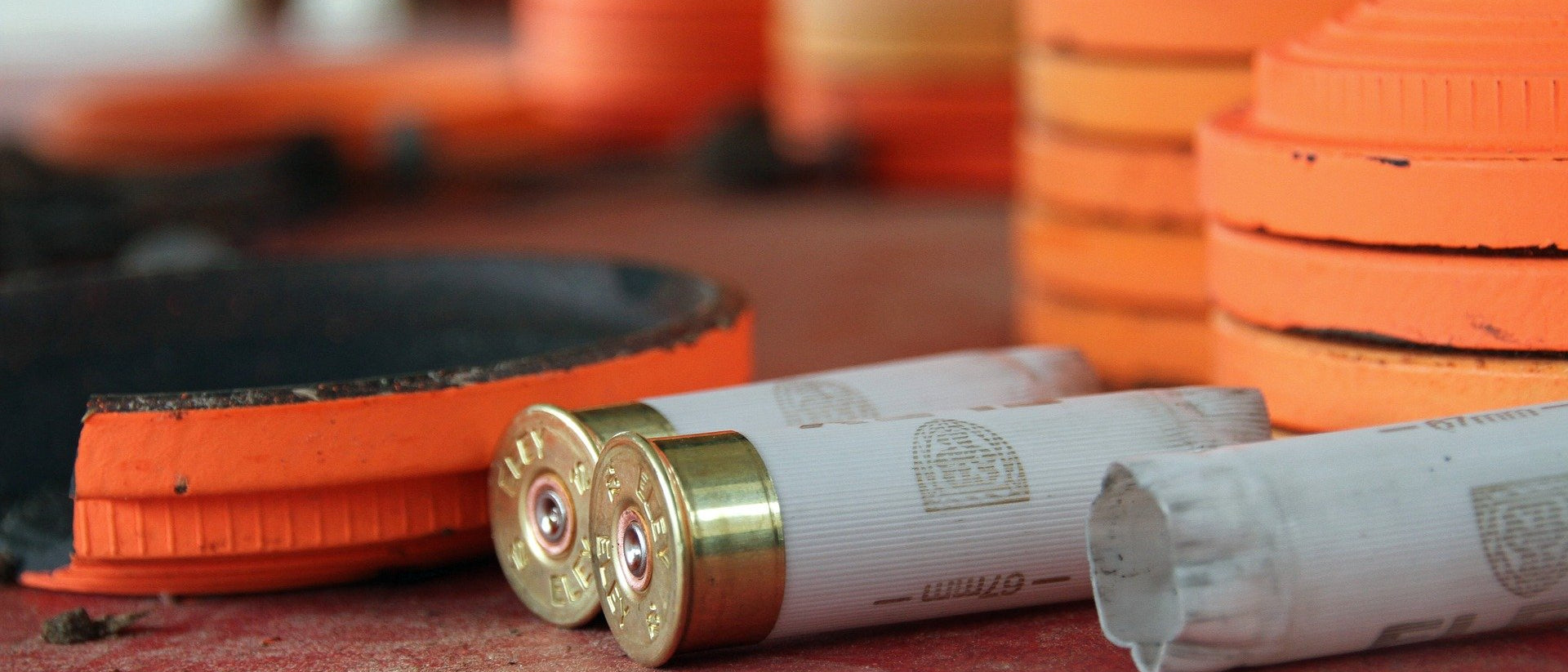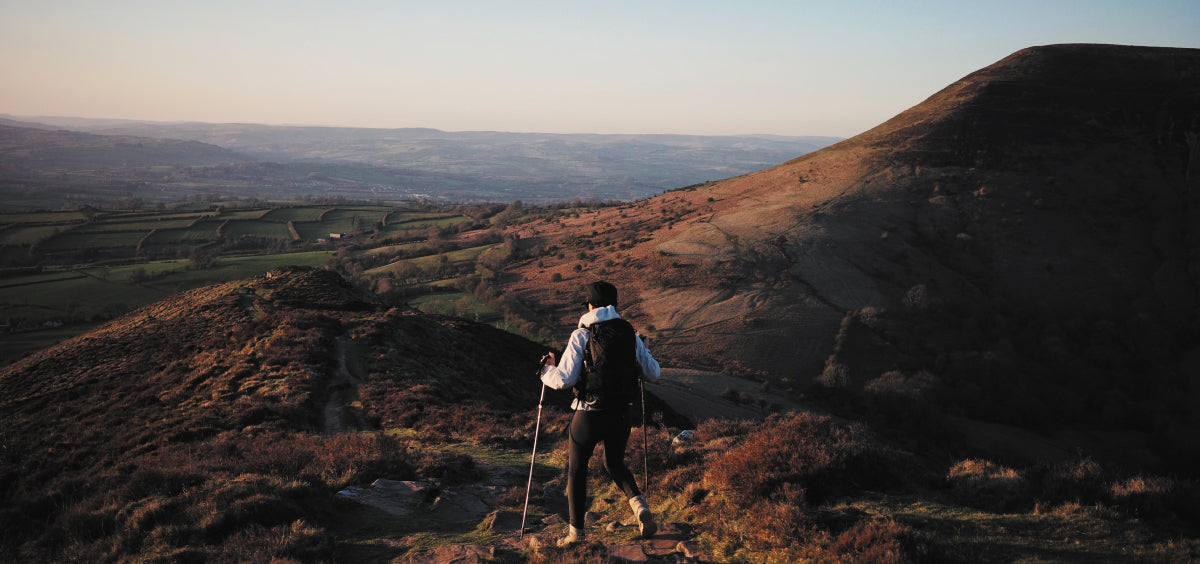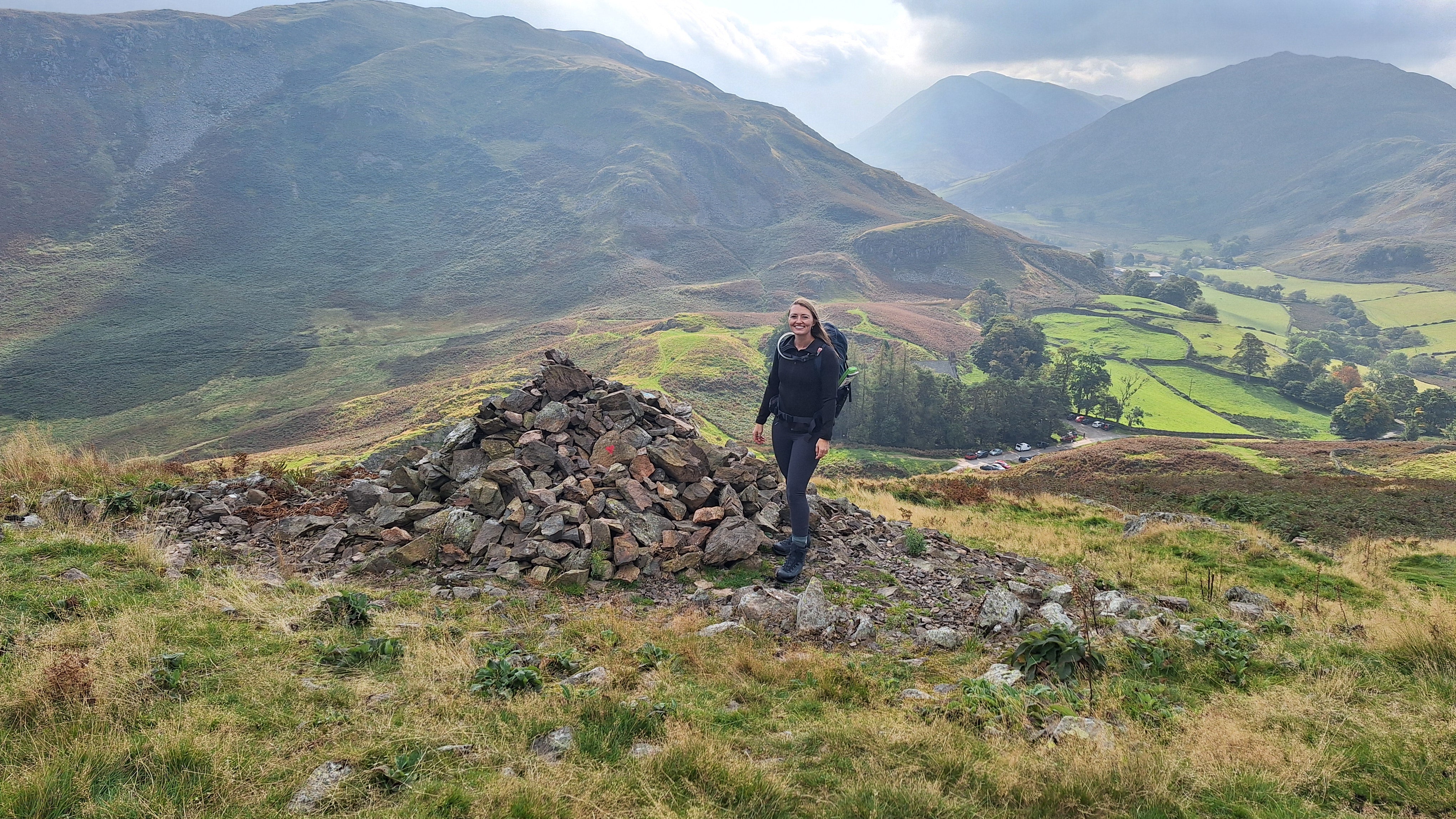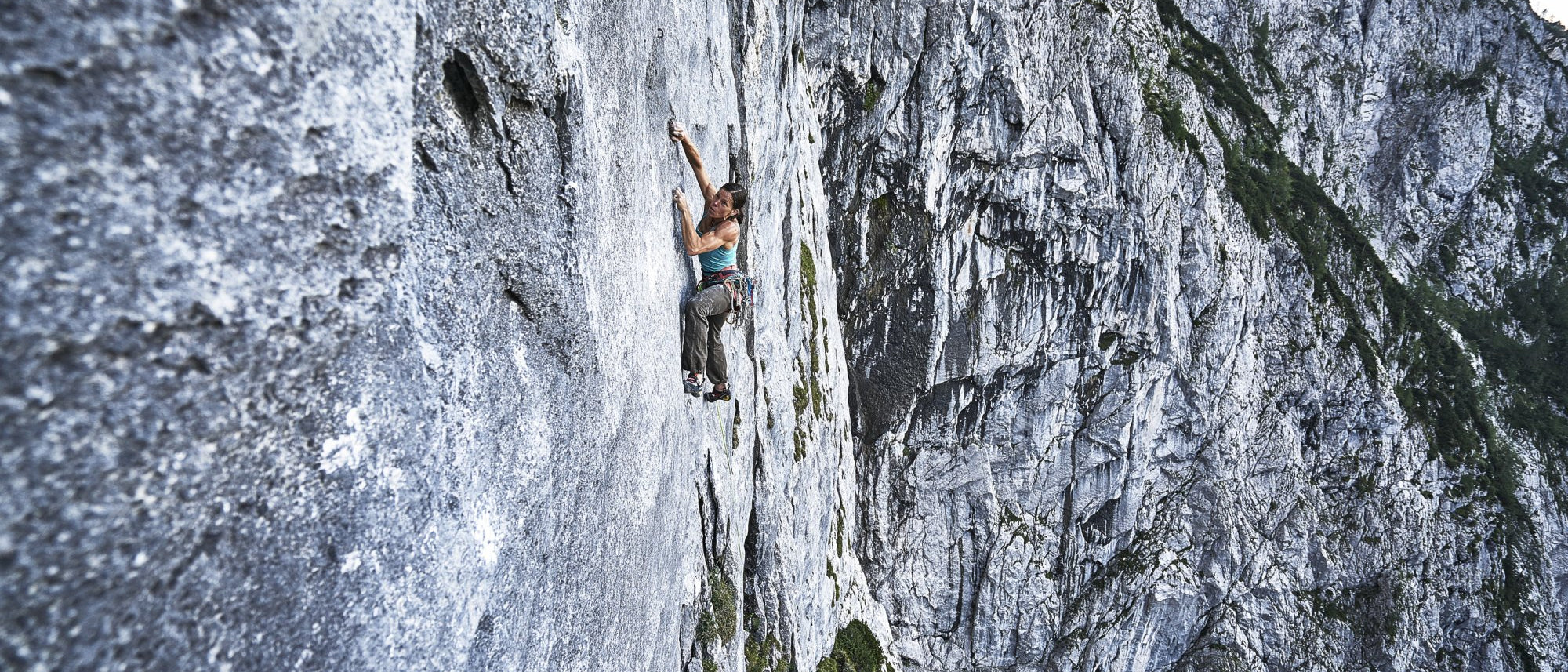Eight Clay Shooting Disciplines for You to Try

Clay pigeon shooting is becoming an increasingly popular pastime in the UK. Not only is it a wonderful excuse to get out and enjoy the British countryside, but clay shooting also requires an excellent amount of skill and patience. Shoots are fantastic social events too, with unrivalled support to be found in clubs up and down the UK.
Another reason why clay shooting is so popular in the UK is the sheer variety of challenges on offer. The different sporting disciplines mean that there’s something on offer both for beginners and experts looking to expand their skillset. Here, we take you through some of our favourite clay shooting disciplines.
Down the Line
Perhaps the most simple clay pigeon shooting discipline, DTL is a feature at most shooting grounds. At its core, it is a simple test of a shooter’s ability to read the flight of a clay and rewards competitors for hitting the target first time consistently. However, it also offers opportunities for progression, which is particularly important for new shooters.
DTL involves competitors shooting at clays launched between 45-50 metres with a 22-degree horizontal spread across the centre line. Each competitor shoots one target at a time and is given three points for hitting it with the first barrel, two points for the second and none for a miss. Each participant shoots one clay before moving a place to the right until a traditional round of 25 birds are shot.
Single Barrel
Single barrel (SB) is another version of Down the Line, but with a little extra challenge. SB follows the same rules and procedures as DTL, except that only one barrel is loaded. Instead of a points system, each clay is simply a hit or lost, with the winner achieving the most hits over one round. CPSA rules also state that a snap cap or other device shouldn’t protect the empty barrel.
SB adds a little extra pressure to the techniques developed through practice and DTL competitions. By eliminating the room for error, competitors must keep calm and trust their judgements.

Automatic Ball Trap
ABT is one of the most popular trap shooting disciplines in the UK, after DTL. It operates in much the same way as Down the Line, except that targets are launched at a considerably faster speed, with greater variation in height and angles. ABT clays are also thrown at random trajectories. While this makes for a harder challenge, there is no score variation between hitting it with the first or second shot.
English Skeet
Skeet is one of the main clay shooting disciplines. Initially an American shoot, there are slight variations between skeet disciplines, but the essence of the competition remains the same. Skeet is set up as a semi-circle, with two trap houses – one high and one low – at each of its points around 40 metres apart. Seven shooting stations are set up around the semi-circle from which competitors will take turns shooting.
Unlike DTL, Skeet clays are fired at more of a sideways direction as opposed to away from the shooter. Depending on where you compete in skeet, the shooting order can slightly vary. However, as a general rule, each station involves shooting one clay from each house, before clays are shot from each simultaneously. English skeet often comprises of 25 targets. The consistent movement, changing of heights and angles makes this a popular competition for groups.
English Sporting
English Sporting (ESP) is, by a fair distance, the most popular shooting discipline in the UK. One reason for this is its incredible versatility. From the clay trajectory to the number of stations and even total clays, everything can be adjusted to make the shoot as enjoyable as possible.
ESP was created to mimic the shooting of live quarry. For this reason, ESP is known to present a range of angles and challenges that you are unlikely to see in other disciplines. Shots are divided over numerous stands, with anywhere between 50 and 100 targets usually shot in one complete round. If you are looking to test your full range of shooting abilities, this is the discipline to try!

Sportrap
Sportrap (STR) is a variation of English Sporting, although on a slightly smaller and more manageable scale. The clay targets and shot variety are the same as in ESP, but the shooting stands are in one compact space, as opposed to being spread across a range. Four or five traps are shot from each station, and the shooter is informed of what to expect beforehand.
While the difference here between STR and ESP may appear minimal, it can make a huge difference. STR is often favoured by beginners as it is usually faster and also keeps the competing group close together, which allows for advice and support to be shared. This support can make all the difference, especially for someone who is still learning their craft.
Universal Trench
Universal Trench (UTR) is another version of trap shooting, similar to Down the Line. The difference here is that five traps are installed in a trench in front of the shooters, as opposed to using less, more visible launchers. On the call of “pull”, any one of the five machines will be released. Unlike DTL, clays in Universal Trench are often fired further and with a broader angle variation, usually 45 degrees either side of the horizontal line. As you can imagine, UTR requires a level of quick thinking, composure and technique that makes it particularly popular with accomplished shooters.
All Round
As the name suggests, All Round is a combination of the most popular clay shooting disciplines. An official All Round contest in the UK will consist of 100 targets in this order: 25 Single Barrel, 25 Automatic Ball Trap, 25 English Skeet and 25 English Sporting. Each discipline must be played to its regulations, and each competitor starts in the same position (as opposed to starting at different stations and rotating). All Round is a unique test, often a novelty but certainly a test of one’s shooting abilities over multiple disciplines.

These are some of the most popular clay shooting disciplines, and you’ll find many of these on offer at your local grounds. If you’re trying clay shooting for the first time or improving your game, you may be interested in our field sports boots. The right footwear can give you that extra bit of confidence when at the station and we offer a complete range that’s perfect for the grounds!








